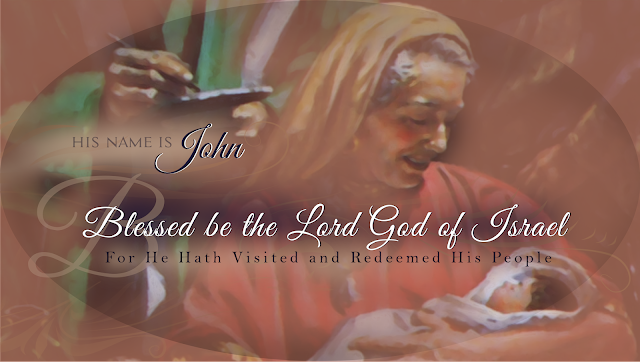One of the common events in the Bible throughout its historical record is fear coming upon God’s people. The fear-of-the-Lord was common, that holy respect for the power and abilities of the Lord God. That’s a good and wholesome fear, for it guides us away from sin and temptation, and drives us humbly to the Lord. “To the Lord” is the direction He always wants us moving.
But on several occasions a profound fear fell upon the people when God interacted with them directly, and tangibly. Today in our joint reading, we’ll read of one of those times. It’s a brief reading, and the gist of it is that God’s chosen people were afraid to look upon Moses when he came down from Mt. Sinai after spending 40 days with God on the mountain top.
Spending time with God one-on-one had a profound effect upon Moses. His face shone brightly, so brightly that when coming down from the mountain top, the Jews could not look upon him comfortably. And eventually, Moses placed a veil over his face so the people could approach him and listen to the Words that God gave him to speak to the people. (viv-a-vis, the veil at the Temple’s Holy of Holies, which was torn in two upon Jesus’ death.)
In the New Testament there is a huge contrast: Jesus asked the Apostles to allow the little children to come to Him. Jesus was approachable and wanted even little ones to feel comfortable in His presence. His gentle and loving ways towards all were an invitation. New Testament adults would fall back in fear, but Jesus’ words to them were always spoken immediately, “Fear not.”
That’s what Jesus wants for all of us. God’s thoughts towards us are all for peace, not evil (Jeremiah 29:11). But all His interactions with man are designed to bring about change in the lives of those that are His. The flip side of that coin is that we mortals dislike changes. We get in our comfort zones, and we prefer to stay there. God prefers that we do not stay and stagnate, He asks for obedience to His Word so that we are willing to be changed (by Him). This is the process of sanctification. The word itself means “to be set aside for change.”
2 Timothy 2:21 – “If a man therefore purge himself from these, He shall be a vessel unto honour, sanctified and (profitable) for the Master’s use, and prepared unto every good work.”
Today's Audio Message:
Luke1:57-80 - "His Name Is John"
Summary/Notes
The momentous intervention of God into human affairs (especially after such a long period of prophetic silence) should cause awe, amazement, and rejoicing. The events surrounding the birth of John the Baptist and the coming of the Messiah (who will bring Redemption and Salvation and Everlasting Life) are anything but ordinary and typical. But what we easily forget is that God’s intervention in our own lives to draw us to Himself in saving faith is no less an awe-inspiring wonder of His mercy and grace. His visitation rescues us out of the domain of darkness into His glorious light, and we serve Him in that glorious light of holiness, righteousness and truth. When the Lord “visits” his people, that means he comes down and gets personally involved in their welfare. And when he “redeems” his people, that means he takes action to set them free. That the Lord has visited and redeemed his people is certainly something to praise God for.
Zechariah is holding his newborn son and speaks of the future with words inspired by the Holy Spirit.
God's mercy and love are demonstrated by action. He is the one who works our salvation. Not only that, but God offers continued revelation in His Word to nurture our relationship with Him.
Luke 1:68, 72-73 mentions God's covenants with Abraham and David. Zechariah's prophecy also anticipates the New Covenant which would fulfill and replace the Mosaic covenant. All of Scripture points to the need for a new covenant. This will be based on the person and work of Jesus Christ and will never be broken by humans.
In Luke 1:76-79, God's promise reveals the Savior. Zechariah's son would be "the prophet of the Most High." Prophets always pointed to something greater. The angel told Mary her child would be "the Son of the Most High." John the Baptist's task was to remind people that they were in need of the coming One who would forgive sins. Jesus is the reason for the Christmas season, and forgiveness of our sins is the reason for His coming. Outside of Christ, we sit in death and darkness.
Zechariah's words help us see the unrivaled glory of our Savior. Christ is the Light and a Hero who sacrifices Himself for His people. He visits us in mercy. One day, His light will shine and never be hidden. His reign will be unchallenged and unending.



No comments:
Post a Comment